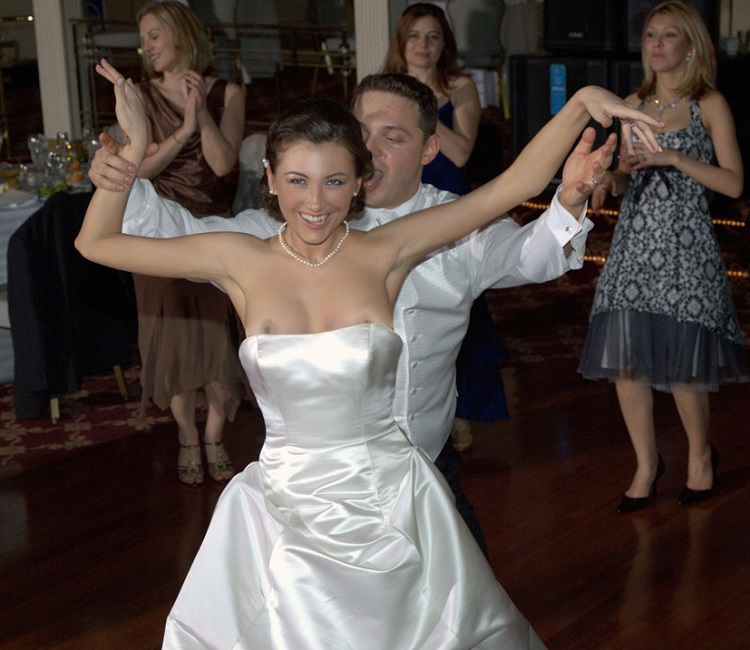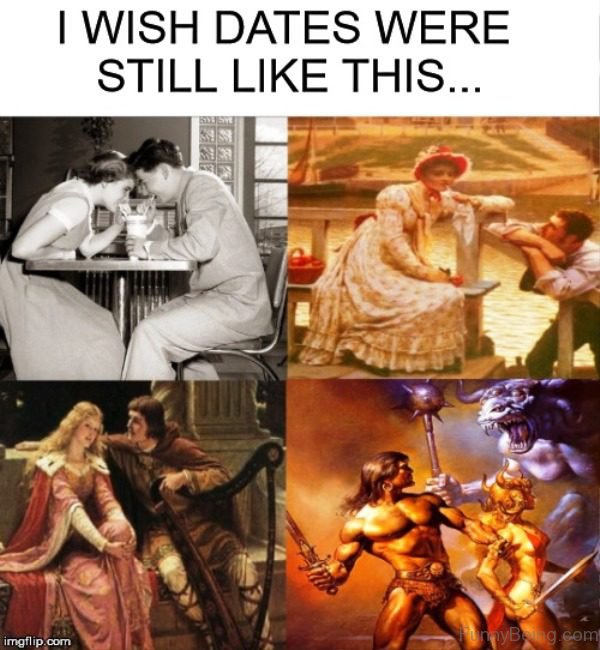
Your suggestions in Comments.


Your suggestions in Comments.
Bloody hell, I wish this tiresome generation of wokey Millennials would just stick to sucking on Tide pods and quit whining about everything that was invented before they were born.
A student has slammed classic Disney films for being ‘horrendously outdated and offensive’, claiming that the Jungle Book character King Louie is racist and that many of the animations have ‘not aged well’.
Lauren Robertson re-watched 11 Disney favourites – accusing most of them of ‘portraying racist and exaggerated stereotypes’.
The student, who studies languages at Aberdeen University, branded films such as Dumbo, The Lady and the Tramp and The Little Mermaid as ‘dodgy’.
And if you have the stomach to follow the link, you’ll see from her pictures that she has the insufferably smug expression of the Terminally Righteous.
All this is of a piece with those fools who want to ban Twain’s Huckleberry Finn just because it contains the word nigger, little realizing that despite the frequent use of the word, Twain’s masterpiece rearranged the entire way that 19th-century America looked at race. In fact, Twain himself probably did more to improve race relations in this country than any two of today’s race hustlers (such as Jesse Jackson and that idiot, the late Elijah Cummings).
As for that little Scottish snowflake who needs a “safe space” to escape the evils of old Disney cartoons, I wish she’d just crawl into that safe space — preferably a tiny closet — and die there.
If you want to know where I’ll be tonight:

Right after that, I’ll be attending a midnight gun control rally.
Over at Hot Air, Ed Morrissey introduces us to their movie-rating scale:

I have to say that the very last time I paid a full-price movie ticket was for the final Harry Potter episode — and in fact, I went to the movie house for all the Potter movies. If I recall correctly, the last non-Potter movie I saw in a cinema was Saving Private Ryan, and even that was some time after its initial release.
Every single other movie over the past twenty-odd years has fallen into the #2 category. As far as I’m concerned, there is not a movie in recent history worth the price of a movie ticket, or that is so good that I can’t wait to see it.
That doesn’t mean I think all movies have sucked in recent times — I’ve enjoyed lots of them, and Midnight In Paris, The Fabulous Baker Boys, A Good Year, The Incredibles and Gosford Park (to name but some) I’ve not only watched but watched over and over again.
And I’m not even going to get into the horrible morass that is watching a movie in a cinema today: people talking (loudly) all through the movie, people talking (loudly) on their phones all the way through the movie, people walking in and out of the cinema all through the movie, deafening movie soundtracks with bass turned up so high it can make one feel nauseated, trash and litter everywhere… do I need to go any further?
The only reason I’d go to the movies would be to watch Donald Trump winning his second term on Election Night in November 2020 — and that won’t be screened in cinemas anyway, so I can watch it for free on TV and (even better) see the mainstream TV personalities’ reaction:

Tell me you wouldn’t pay money to see that.

So to alleviate the pain somewhat, a little mirth:




My guess is that the above did not originate in this branch:

And on a philosophical note:

And speaking of mystical things, let’s do a little yoga:




The mirror broke, sorry.
Anyway, get out there and back into the spirit of things…
In an otherwise-unmemorable piece on woke-scolds ending Comedy As We Know It, NRO mouthpiece Jay Nordlinger says this:
I received a note from my old friend Larry Shackley, a longtime NR reader and a great admirer of P. G. Wodehouse. In fact, Larry is reading through the complete Wodehouse — complete — right now.
…as though this were somehow unusual. Maybe it is, for Murkins who — for shame — don’t know who Pelham Grenville Wodehouse was.
To call P.G. Wodehouse one of the most-read humorist writers of the 20th century is to understate the thing — he is quite possibly the greatest humorist writer, ever. Here’s a personal indicator.
When I left South Africa in 1986, I brought with me three suitcases of clothes, my cameras and a few other things I couldn’t bear to part with. I brought only two books with me (from a library of well over a thousand), and those were The World of Psmith (a compendium of three books) and The Jeeves Omnibus (another compendium). Both were written by P.G. Wodehouse. I reasoned — correctly as it turned out, in those pre-Amazon times — that I wouldn’t be able to find them here.
And there was just no way I was going to live in a house without Wodehouse.
Now, a lot of people don’t “get” Wodehouse because most of his situations are concerned with utterly trivial concerns — trivial maybe to us, nowadays, and certainly only non-trivial to the English upper classes circa 1928. (One story involves the “theft” of a wonderful cook by one titled twerp from another titled household.) But that doesn’t stop the brilliant writing from making one burst out with uncontrollable laughter occasionally.
And it should be said that Wodehouse himself was very much a fervent socialist — his take on the peccadilloes of the English upper classes is almost invariably satirical — yet his satire is not the bitter waspishness of Private Eye magazine, but gentle and almost indulgent. Look at these idiots, he seems to say, see how foolish and inconsequential they are. One of my favorite lines from the Bertie Wooster stories comes when Bertie is beset with looming trouble and catastrophe, and says to his long-suffering “gentleman’s gentleman” Jeeves as he is being dressed for dinner:
“At a time like this, Jeeves, I wonder whether the length of one’s trousers actually matters,” and receives the gentle rebuke:
“There is never a time, sir, when the length of one’s trousers doesn’t matter.”
Wodehouse left England for a career as a Hollywood scriptwriter, only to become embroiled in the Cold War-McCarthyism of the Fifties. How ironic, then, that he, the one-time socialist, should write of that time:
“Humorists have been scared out of the business by the touchiness now prevailing in every section of the community. Wherever you look, on every shoulder there is a chip, in every eye a cold glitter warning you, if you know what is good for you, not to start anything.”
What was practiced on the socialists of that era is being repeated with even more venom and coldness by the P.C. (and mostly socialist) tribe of today.
Anyway, enough of that. I think I’ll marmalade a slice of toast, and go and read A Pelican At Blandings, featuring the wonderfully-named Galahad Threepwood of whom it was said (and I paraphrase) that he was so ardent a party animal that he hadn’t slept till age fifty. And if anyone should think that I resemble Galahad’s elder brother Clarence, the Earl of Emsworth, who looks with utter bewilderment on the modern world and prefers to retreat to his library and read — well, you’d be absolutely correct.